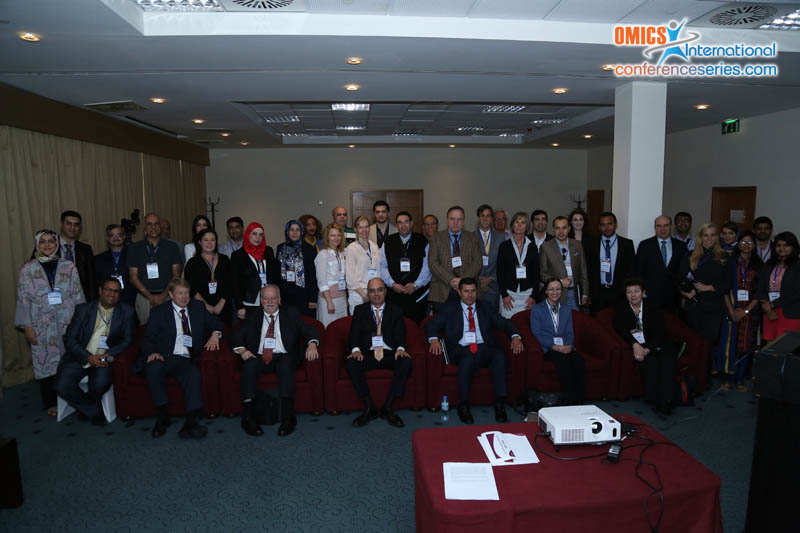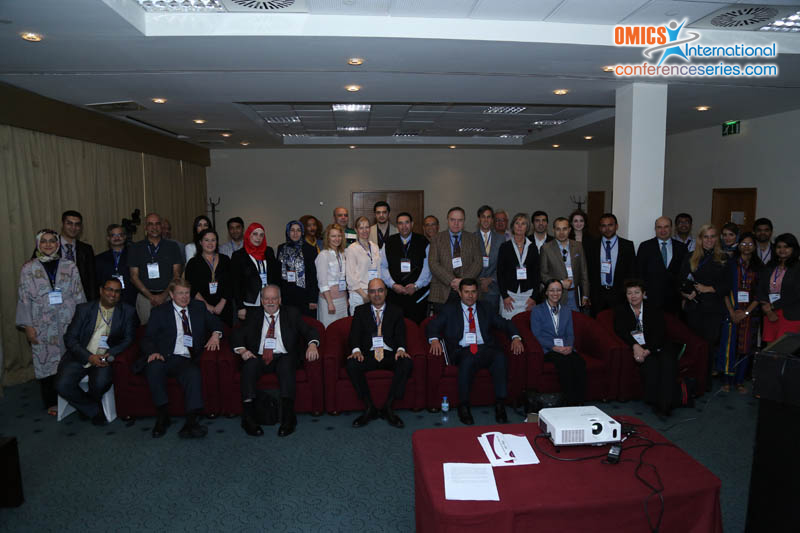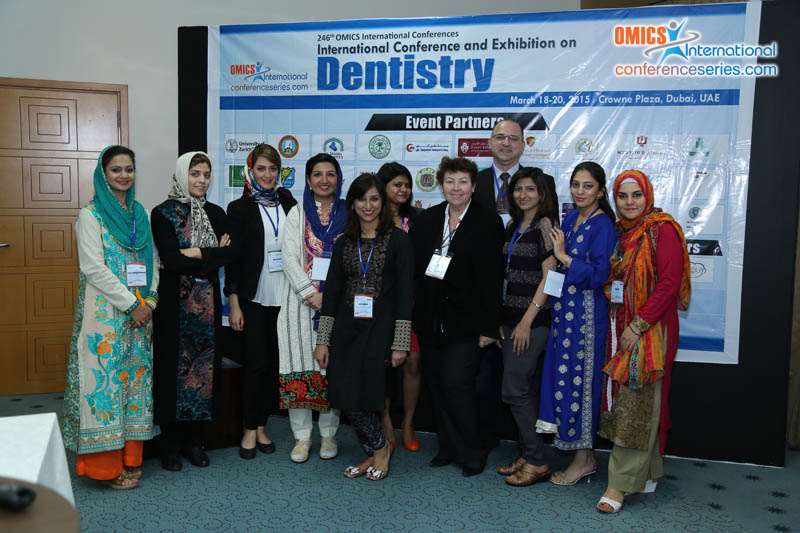
Wisam Al-Rawi
University of Detroit Mercy School of Dentistry, USA
Title: The current state of Cone Beam CT (CBCT) 3D imaging in dentistry
Biography
Biography: Wisam Al-Rawi
Abstract
The introduction of Cone Beam CT (CBCT) constitutes a paradigm shift in the way clinicians acquire and view radiographs. Unlike intraoral or panoramic radiographs, there is no magnification and no superimposition of structures. CBCT volumetric imaging provides unprecedented highly detailed radiographic information about the patient’s teeth, bone, jaws, and airways spaces. This information can be used for diagnosis and treatment planning including implant planning, detection of root fractures, assessing the relationship of an impacted wisdom tooth to the mandibular canal, sleep apnea studies, growth assessment, pre and post-surgery assessment, and pathology. However, with CBCT, there is increased financial costs and radiation exposure to the patient. It is important that clinicians understand the advantages and limitation of this technology for better diagnosis and treatment planning of their patients. With many machines available on the market and more coming each year, it can clearly be seen that this technology is taking a big role in the field of dentistry. This purpose of this presentation is to: (i) review principles of action of CBCT; (ii) compare radiation dose of different machines; (iii) highlight clinical cases for use of CBCT in dentistry and how it can be used as a tool to aid in diagnosis and treatment planning of different cases in dentistry.



